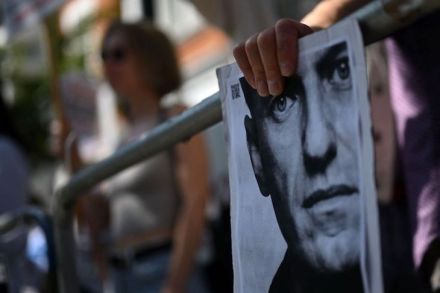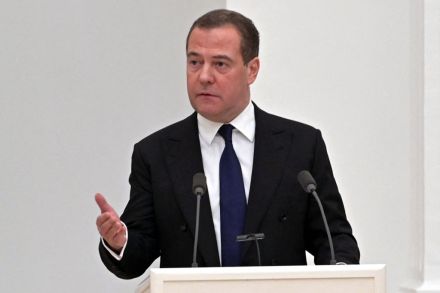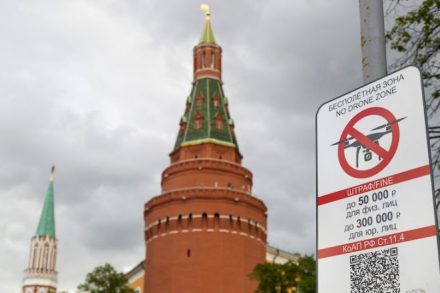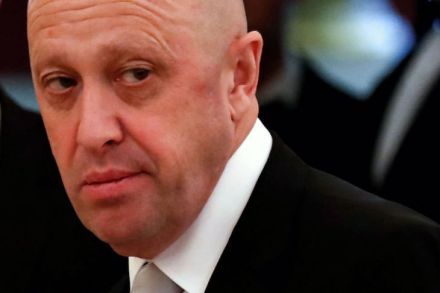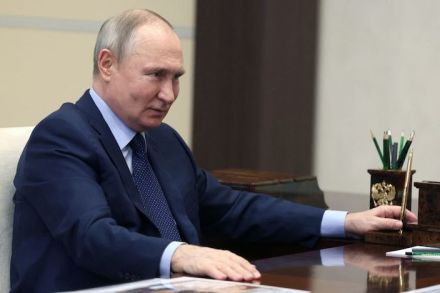The haunting words of Russia’s jailed Putin opponents
How many memorable quotes has the Russia-Ukraine war produced so far? Along with Snake Island’s defiant ‘F*** you Russian warship’, we’ve had president Zelensky’s refusal to leave Kyiv at the beginning of the war with the words: ‘I need ammunition, not a ride.’ We also have his ‘Bravery takes you through the most unimaginable hardships to lead you to victory’ and his ‘No one’s going to break us. We are strong. We are Ukrainians’, though these are perhaps less interesting; the first a bit like something from a Disney poster (two kittens find their way home across the desert), the second awkwardly conjuring up memories of the Rocky films. Better,
